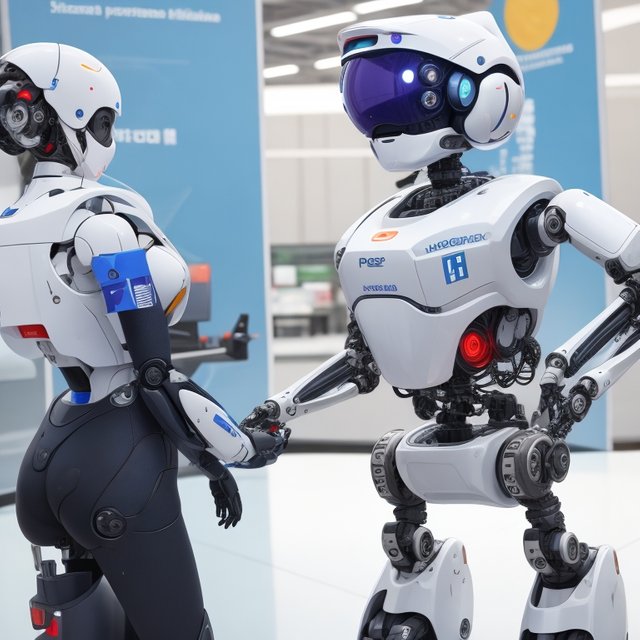Robotics is a rapidly developing field with the potential to have a significant impact on society, both economically and socially. As robots become more sophisticated and affordable, they are poised to play an increasingly important role in our lives.
Economic Implications
One of the most significant economic implications of robotics is the potential for job displacement. As robots become capable of performing more and more tasks, they are likely to displace workers in a variety of industries. This could lead to increased unemployment and social unrest.
However, robotics could also have positive economic implications. For example, robots could help to increase productivity and reduce costs. This could lead to economic growth and higher living standards. Additionally, robots could create new jobs in the fields of robotics development and maintenance.
Sociopolitical Implications
Robotics also has a number of sociopolitical implications. For example, robots could be used to automate tasks that are currently performed by humans, such as policing and military operations. This could raise concerns about privacy and civil liberties. Additionally, robots could be used to create new forms of social and economic inequality. For example, people who own robots could have a significant advantage over those who do not.
Overall, the sociopolitical and economic implications of robotics are complex and far-reaching. It is important to carefully consider these implications as we develop and deploy robotic technologies.
Potential Benefits of Robotics
Despite the potential for job displacement and other challenges, robotics also has a number of potential benefits, including:
Increased productivity: Robots can work faster and more efficiently than humans, which can lead to significant productivity gains.
Improved quality: Robots can perform tasks with a high degree of accuracy and repeatability, which can help to improve product quality.
Reduced costs: Robots can help to reduce labor costs, as well as other costs such as energy and materials.
Improved safety: Robots can be used to perform tasks that are dangerous or repetitive, which can help to improve safety for workers.
New capabilities: Robots can perform tasks that are impossible or difficult for humans to do, such as exploring hazardous environments or working in extreme conditions.
Potential Challenges of Robotics
In addition to the potential for job displacement, there are a number of other potential challenges associated with robotics, including:
Privacy and security concerns: Robots could be used to collect and store personal data, which could raise concerns about privacy and security.
Ethical concerns: There are a number of ethical concerns associated with the development and use of robotics, such as the potential for job displacement and the use of autonomous weapons.
Social inequality: Robots could be used to create new forms of social and economic inequality, as people who own robots could have a significant advantage over those who do not.
Conclusion
Robotics is a rapidly developing field with the potential to have a significant impact on society, both economically and socially. It is important to carefully consider the potential benefits and challenges of robotics as we develop and deploy robotic technologies.
Policy Considerations
As we develop and deploy robotic technologies, it is important to consider a number of policy implications. For example, we need to develop policies that address the potential for job displacement and social inequality. We also need to develop policies that protect privacy and security, and that ensure that robots are used in an ethical and responsible manner.
Overall, robotics is a powerful technology with the potential to improve our lives in many ways. However, it is important to carefully consider the potential benefits and challenges of robotics as we develop and deploy robotic technologies.
